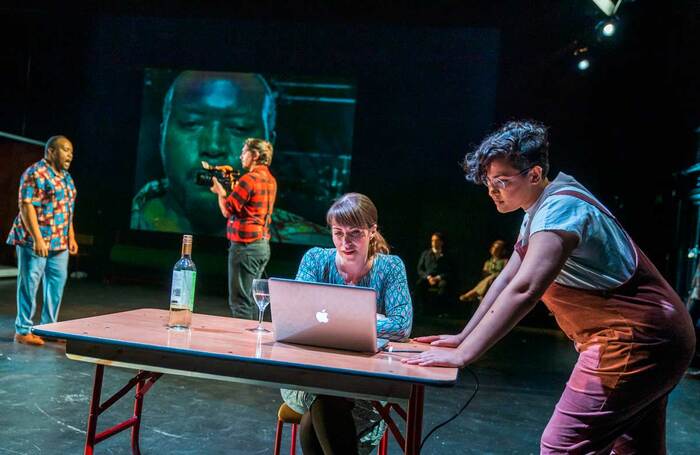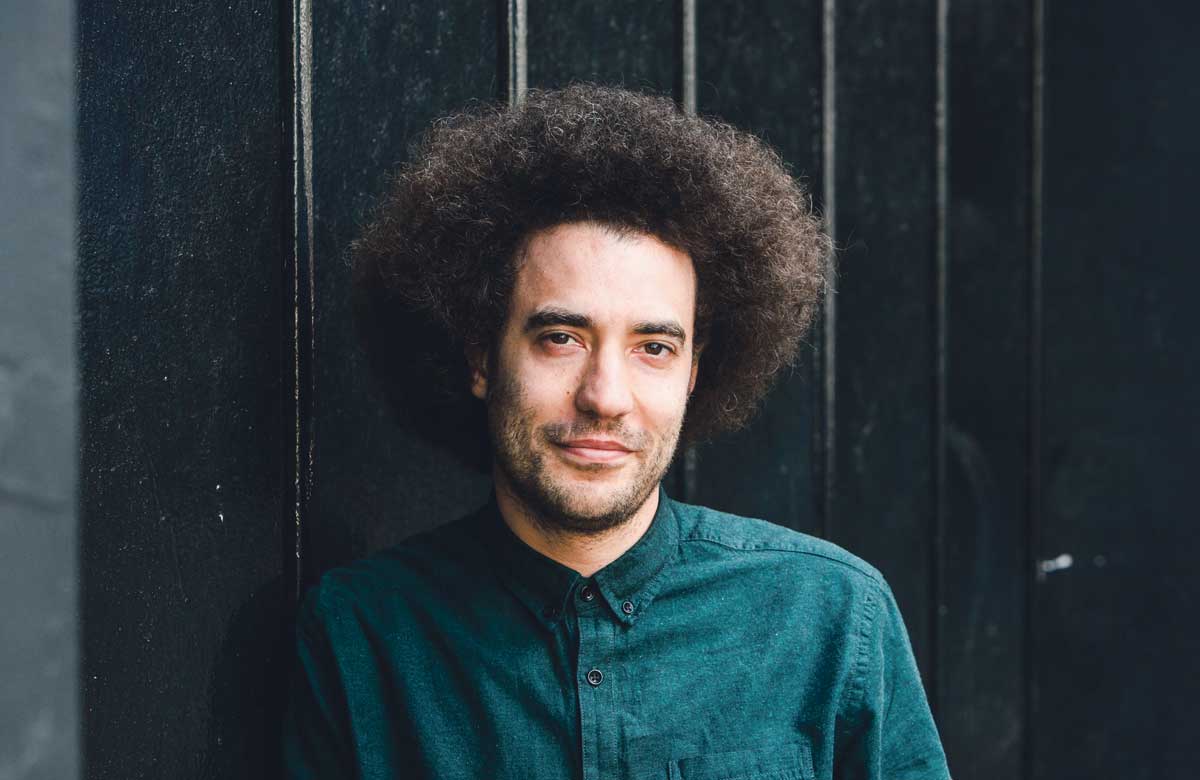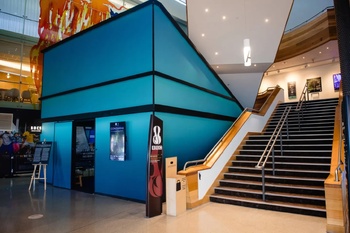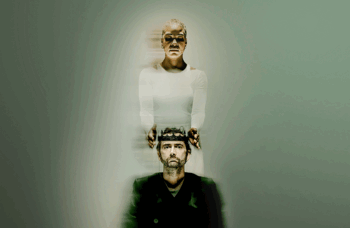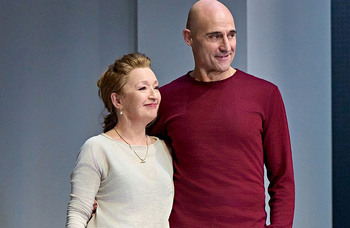Prioritise arts education post-lockdown or risk lasting damage, leaders warn
Theatre provision in schools is being put under increasing pressure amid the pandemic and the impact on arts education could have ramifications for years to come, experts have warned.
Leading figures from the National Theatre, the Royal Shakespeare Company and children’s theatre the Unicorn told The Stage that in order to avoid widening inequality around access to the arts, creative learning within schools must be prioritised.
Justin Audibert, artistic director of London’s Unicorn, said he was worried that theatre and arts engagement in schools would be jeopardised after the pandemic "in a drive to catch up on the STEM [science, technology, engineering and maths] subjects".
This could mean a further narrowing of the curriculum, he warned, and would add to prevailing concerns that many young people do not experience culture at all outside of school.
"The pandemic has widened the disparities in access to the arts that already existed. Those schools that placed central importance on their students participating in the creative arts have gone to inspirational lengths to maintain that during the pandemic.
"But for those schools where the arts were already struggling to be given equal importance in the curriculum, the pandemic and remote learning have made it harder still for pupils to access a creative education," Audibert said.
He added: "The long-term consequences of these children not having the cultural capital that comes from being an avid participant in cultural activities will be felt for years to come."
Audibert described potential downturn in theatre trips as a "huge concern" for the Unicorn, where school groups make up 40% of the audience.
"If school trips to the theatre are prohibited then that is a whole generation missing out on the potentially life-changing experience of live performance. We cannot let this happen," he said. He suggested "catch-up funding" be made available to enable schools to access culture.
Jenna Omeltschenko, touring partnerships manager at the National Theatre, said the industry had a "massive job" ahead of it to fill the gap in theatre engagement created by the pandemic.
"There are people studying drama now who have never been able to do practical work in a classroom and haven’t ever seen live theatre," she said, adding that lockdown had increased social inequalities.
"Every inequality you can imagine has been exacerbated, and that will inevitably include access to arts provision and arts education.
"So if [young people] are not getting it in school either, there is a real gap there and we need to step in and support teachers, schools and family members to fill that gap," she said.
This is despite the many benefits of increased digital engagement. This year, nearly twice as many teachers than in previous years signed up to the NT’s annual Drama Teacher Conference, being held this week online, while the Unicorn has established a digital teacher forum to aid support for schools during the pandemic.
Proactive approaches such as these will be key to strengthening theatre’s place in education as the sector recovers, RSC director of education Jacqui O’Hanlon said.
"That’s our responsibility. We’ve got to understand where schools are at and communicate with them in ways that can really reach them. What [theatre] needs to be is available, ready with high-quality work, and adaptive to meet the needs of schools.
"We’re in a radically changed world and no theatre can just close its doors and go into itself," she said.
While the industry has a powerful role to play in protecting creative education, it is incumbent on the government to commit to the arts’ role in a broad and balanced curriculum, said Deborah Annetts, chief executive of the Incorporated Society of Musicians and founder of the Bacc for the Future campaign.
"It’s the same old story: we’re seeing the arts disappear. With the pandemic, there is the added attitude of: ’Let’s just focus on maths, English and science’, so arts subjects slip further down in terms of priorities," she said.
More about this organisation
Production News
Recommended for you
More about this organisation
Production News
Recommended for you
Most Read
Across The Stage this weekYour subscription helps ensure our journalism can continue
Invest in The Stage today with a subscription starting at just £7.99
